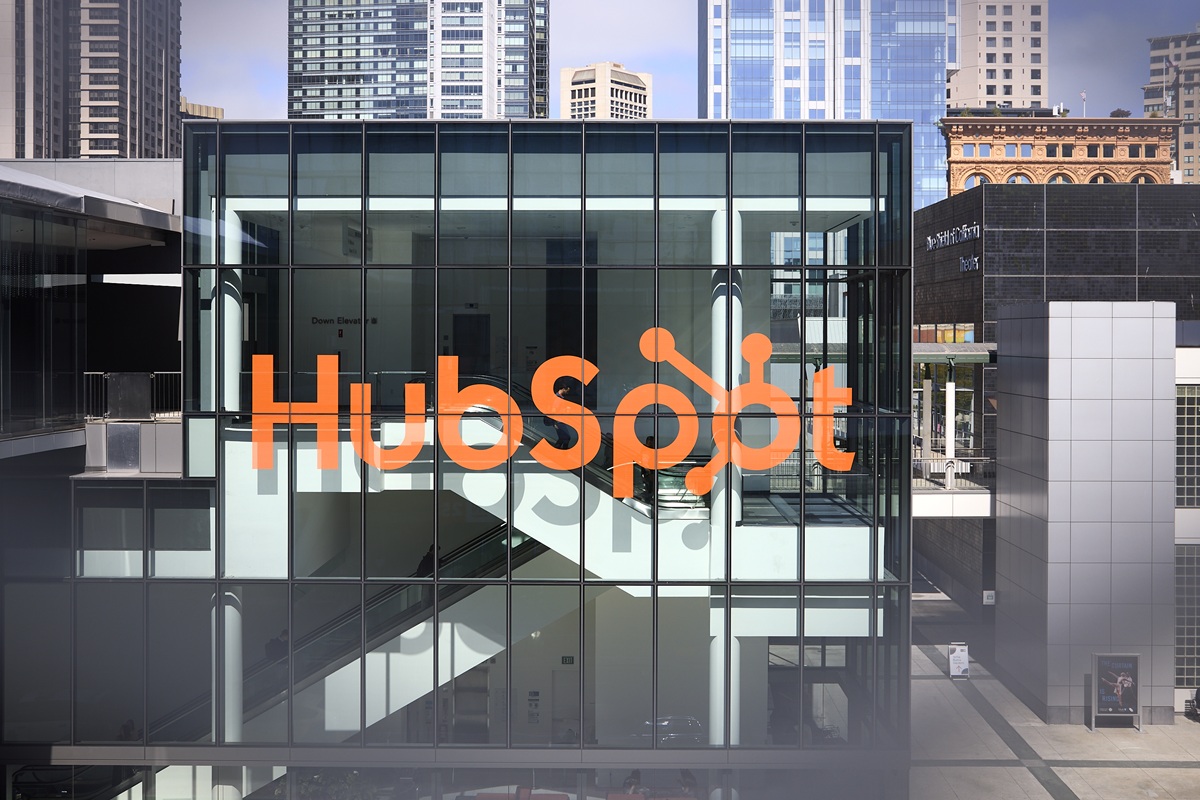October 08, 2025
Hubspot’s Spotlight Focuses on AI Project Delays and Roadblocks

The challenges of AI are manyfold; from worker over-enthusiasm, customer friction, legislative risks and operational issues. Hubspot’s latest survey of UK business leaders, captured during the latest Fall Spotlight analyis, reveals that while many are making plans for this AI-powered future, real gaps remain in data management and regulatory readiness.
All of this among the chaos of rapid AI features rolling out in most business software, consumers moving from search to AI-powered query, resulting in global website traffic falls.
HubSpot’s latest survey shows that 45% of UK business leaders believe their 2026 sales and marketing strategy is “very prepared” for a world shaped by AI search. Over half (51%) say their data infrastructure is similarly robust and ready to support AI transformation.
Beneath this confidence, however, lies a fragmented operational reality. One where valuable customer insights remain siloed, compliance challenges stall progress, and businesses risk falling behind as digital disruption accelerates.
Data Silos and Lost Insights Undermine Progress
The vast majority (92%) of leaders admit that valuable customer insights are still living outside official CRMs. Instead, scattered across spreadsheets, team chats, and personal notes.
Despite 91% of UK businesses having at least one AI tool connected to customer data, just 31% say most of their customer data is actually accessible to AI, and 22% say only a minimal amount is integrated, reinforcing that data silos persist even in AI-forward organisations.
This fragmented approach to data management means that when staff members leave, as much as 50% of critical customer knowledge is lost, taking key relationships and opportunities with it.
Manual processes remain widespread even in the most digitally mature operations, as 74% of leaders said they transfer unstructured information into their CRM at least weekly. Only 9% report their data is already consistent and ready for reporting without double-checking, showing how rare true data confidence remains.
This lack of data cohesion is already taking a toll with 34% of UK leaders stating they have seen measurable revenue loss due to fragmented data and incomplete customer context. Meanwhile, 37% report that productivity is suffering, with teams wasting valuable time reconciling information from different sources.
The downstream effects include slower strategic decisions, missed customer opportunities, and weakened marketing performance, all of which undermine efforts to deliver personalised customer experiences at scale. The research comes as Hubspot launched more AI agents to boost support and experiences during the recent Inbound event.
Regulatory Headwinds: Compliance Delays AI Progress
Compounding these operational challenges are growing regulatory pressures. GDPR and the upcoming AI Act have already caused delays or disruptions to AI projects for 71% of UK businesses. Nearly a fifth (18%) have had to scale back or halt their AI initiatives altogether.
Data privacy concerns, ethical questions, and the unpredictability of AI-driven decision-making are now major issues for leadership teams navigating this rapidly evolving landscape.
Even among organisations pushing ahead with AI, 88% face at least one major challenge in getting value from their investments, including lack of internal expertise (36%), CRM disconnection (25%), and ongoing GDPR concerns (25%). Only 24% report AI implementation has proceeded without regulatory impact.
Mark Barry, Vice President of Sales & Managing Director, EMEA at HubSpot commented, “AI-powered search is driving a fundamental shift in how customers discover brands and engage with information online. With website traffic declining, it’s more important than ever for UK businesses to rethink how they manage and activate their customer data. The organisations that will succeed are those that focus on breaking down internal silos and ensuring insights can flow freely and securely across teams. By prioritising unified, intelligent data strategies, while staying ahead of evolving regulations, businesses can turn digital disruption into a serious competitive advantage.”
As the era of AI search progresses and website traffic continues to dip, the ability to capture, unify, and act on insight from every customer interaction, not just those on owned channels, will define future market leaders. UK businesses that address the data disconnect now will be best equipped to thrive in a future where traditional website traffic is no longer the primary measure of digital success.



